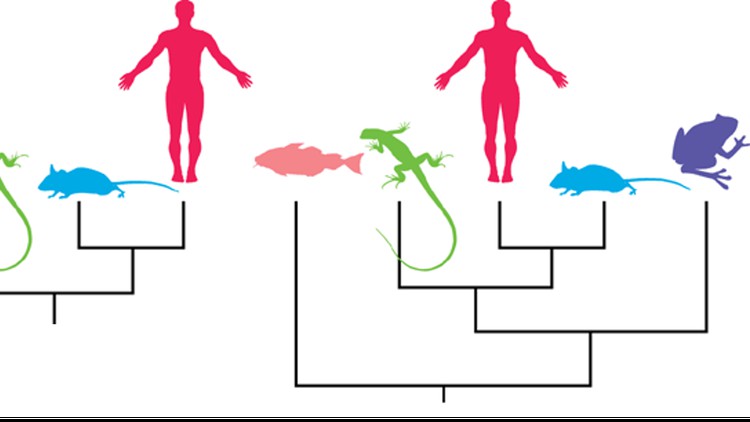
What you will learn
Explain the use of BLAST program for comparing primary biological sequence information.
Selection of gene or protein sequences
Interpretation of Results
Compile file for alignment
Description
Course Description
BLAST has always been concerned with sequence alignment. The unit of genetic information of an organism is known as the gene. Students will explore genome databases, genomic data, and multiple sequence alignment and phylogeny. This course is an excellent accompaniment to postgraduate courses specializing in genomics, cancer genomics, evolution, or molecular biology, and Bioinformatics. By learning the Basic Local Alignment Search Tool (BLAST) you can find regions of local similarity between sequences. The program compares nucleotide or protein sequences to sequence databases and calculates the statistical significance of matches. BLAST can be used to infer functional and evolutionary relationships between sequences as well as help identify members of gene families.
Introduction
This course is for students who have not studied Bioinformatics at the university level. The basic concepts of the BLAST course will help all Biologists how to use BLAST for their fields e.g: Biochemistry, Biotechnology, Molecular Biology, Botany, Zoology.
Objectives
The objective of this course is to provide an orientation to the students about the basic concepts of Bioinformatics tools and databases.
Prerequisite(s) and Specific Course Requirements
Biology
Course Outcomes
After completing this course, participants will be able to
1. Perform DNA sequence analysis.
2. Identify the genomic features of an organism.
3. Perform Phylogenetic analysis
Content